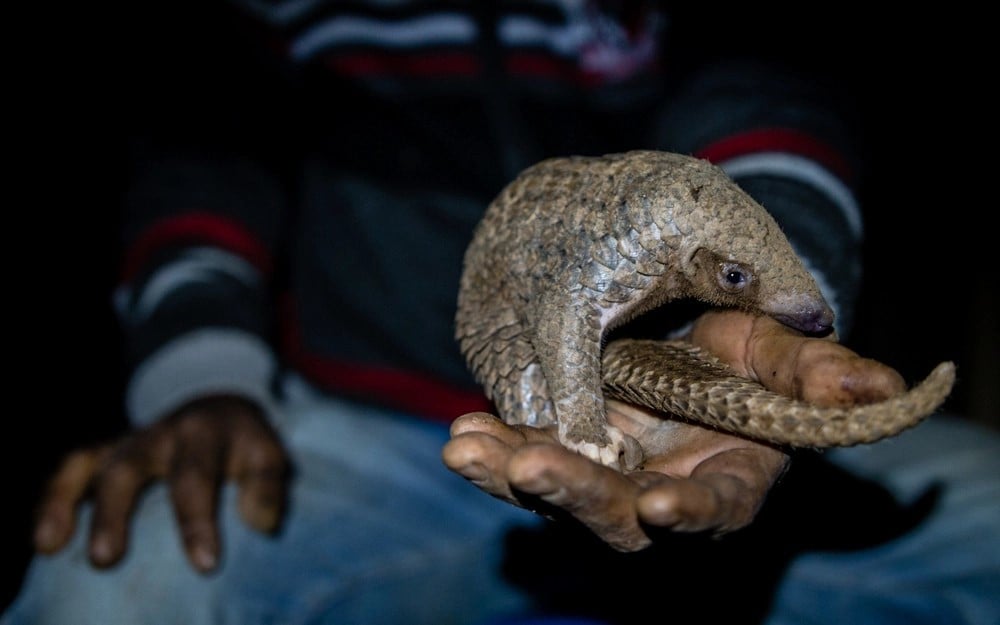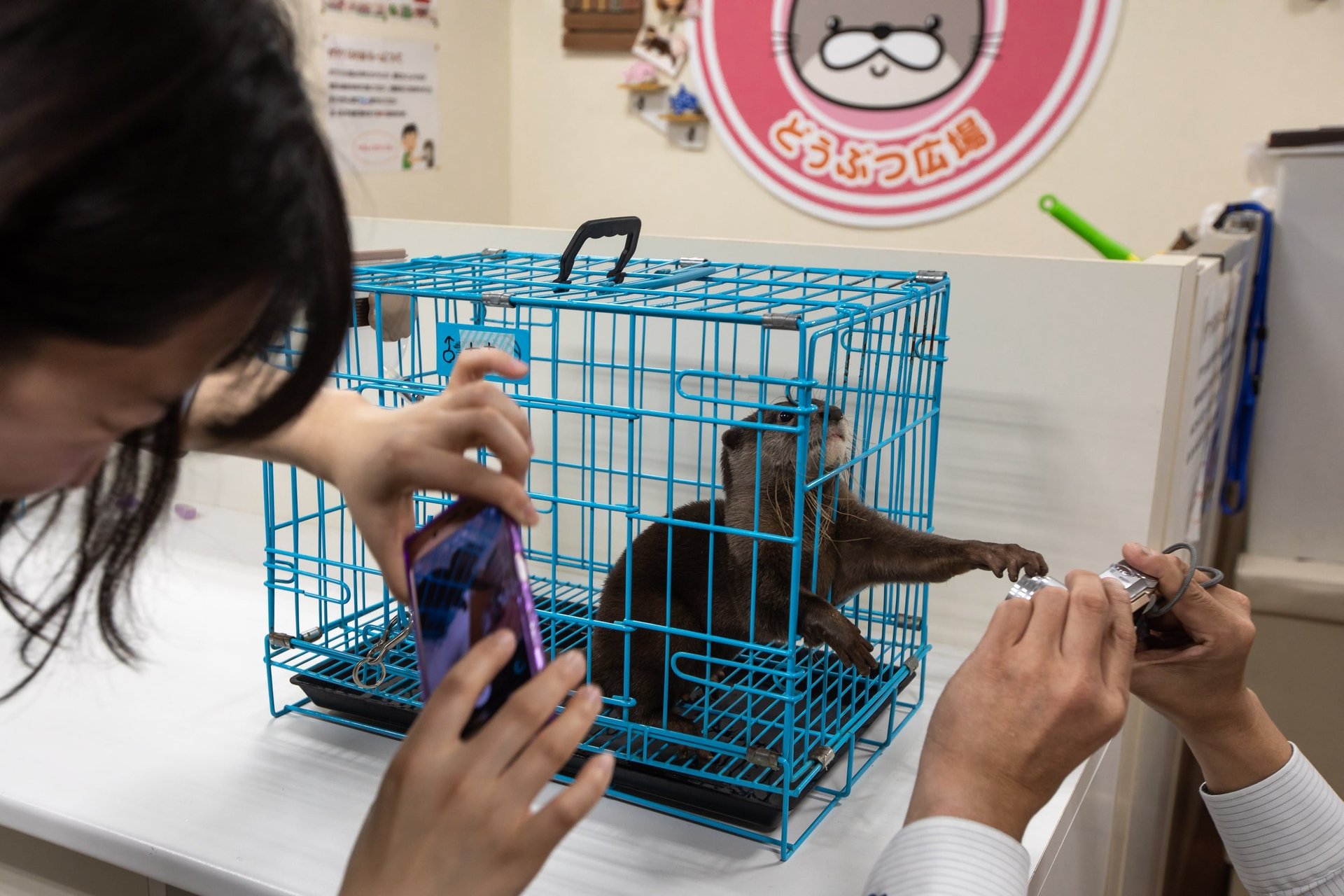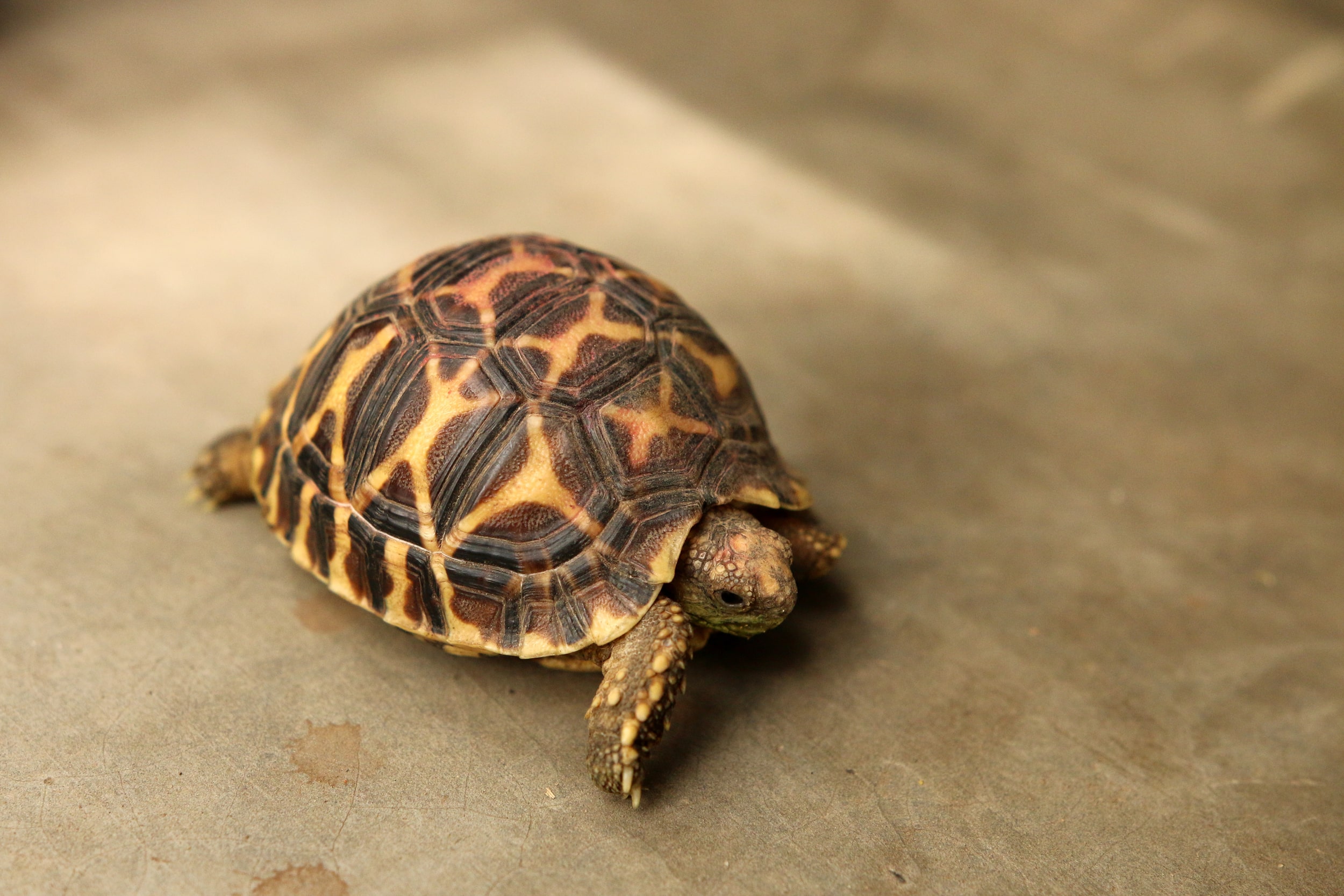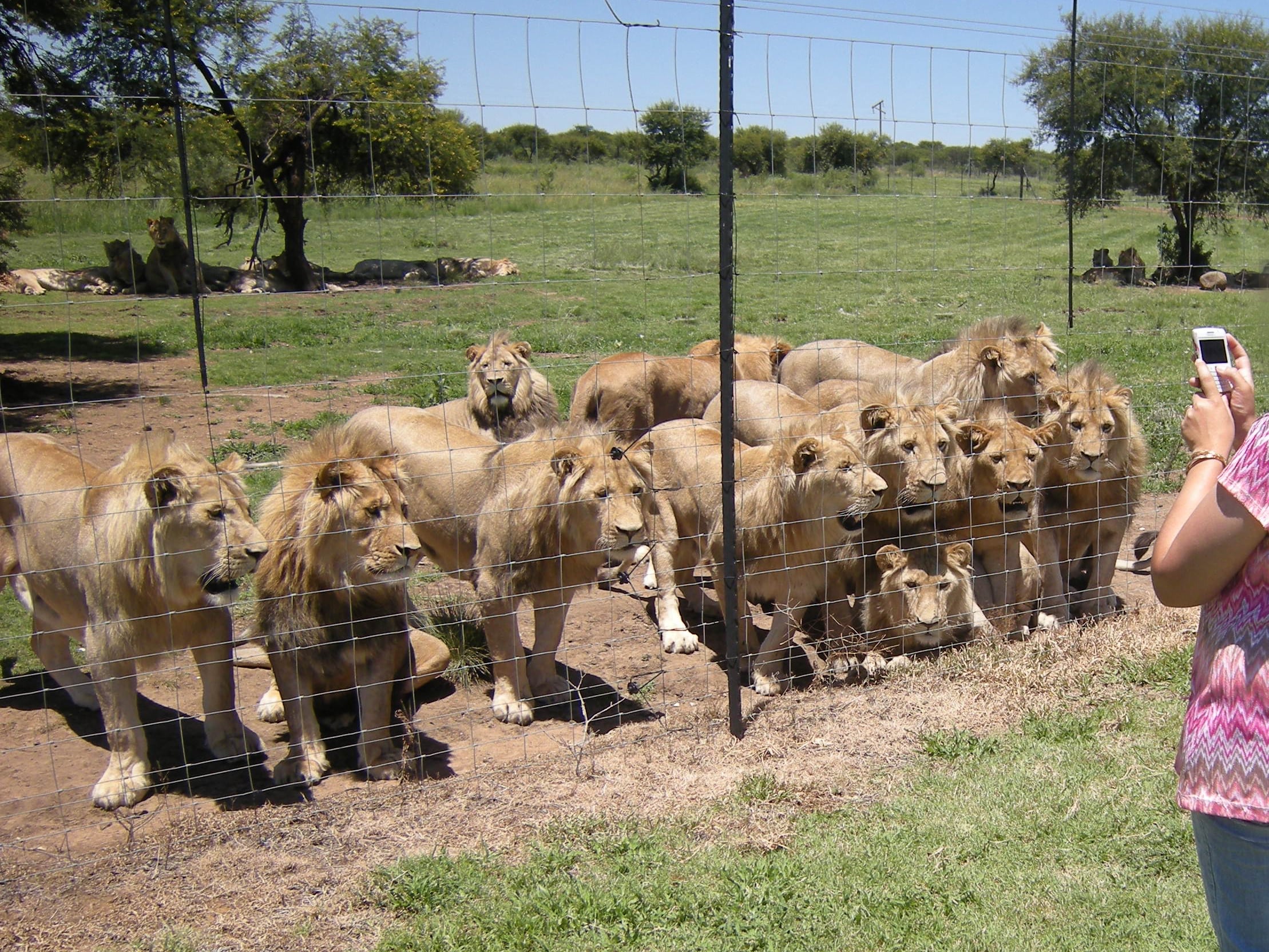Traditional Asian Medicine
We aim to end the cruel exploitation and commodification of wild animals used in Traditional Asian Medicine

Regulating the global wildlife trade
You might not have heard of it – but here’s why the work of United Nations’ Convention on International Trade in Endangered Species of Wild Fauna and Flora (CITES) work is vital
The global wildlife trade – of wild animals, their body parts and products, and plants – is enormous.
The annual value of this trade is GBP25-35 billion, 17 billion of which is estimated to be illegal. Whether captive bred or poached from the wild, it has a devastating impact on the animals. Legal or illegal, it’s all cruel.
CITES identifies species of conservation concern. At meetings called Conference of Parties (CoP), held every two to three years, the members (Parties) assess a species’ vulnerability and determine in which Appendix, if any, to place them.
The CITES Appendices now include more than 35,000 species - approximately 5,500 species of animals and 29,500 species of plants:

We supply Parties with the latest research and insights that advocate for animal protection.
We’ve had big wins for animals in the past, so we know how successful our work with CITES can be. In 2016 we helped protect all eight pangolin species by advocating for their up-listing.
It’s clear that the international pet trade industry is having a devastating impact on many species’ survival. We encourage all Parties to support listings of species subject to the pet trade, with specific recommendations. We’re confident we’ll get the results we’re aiming for, and our request to have these species up-listed will be recognised.

These are just some of the animals suffering exploited for the global multi-billion-dollar exotic pet trade. We’re hosting events at 18th CoP advocating for these and other species’ up-listing.
Read about the growing threat to Asian otters from wildlife pet trade.
Learn about our successful campaign against the transport of African Grey Parrots by Turkish Airlines.

Through our international Wildlife. Not Medicine campaign, we work to protect these animals from cruel exploitation for products that have no medicinal value, and for which herbal alternatives are readily available.
We’re urging Parties to report on progress in reducing demand and consumption of pangolin scales for traditional medicine. This is critical for the world’s most trafficked mammal’s survival.
The legal trade in lion bones from captive-bred lions in South Africa is not only bad in itself – but it might be supporting the illegal poaching of wild lions too.
We’re supporting a CITES draft resolution to prioritise enforcement of international restrictions on trade in lion products.
We strongly support proposals for phasing out commercial tiger farming. Not only are welfare conditions on tiger farms appalling, tiger farms feed demand for wild tigers and increase the acceptability for traditional medicine products.
Jaguar bone and bone paste is supplementing the growing demand for ‘big cat’ traditional medicine products, similar to lion bone. We strongly encourage CITES Member Parties to support efforts at the 18th CoP to curtail illegal trade in big cat products.
We aim to end the cruel exploitation and commodification of wild animals used in Traditional Asian Medicine
Urge your government to stop commercial exploitation of wildlife